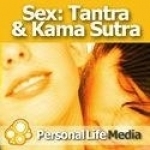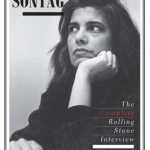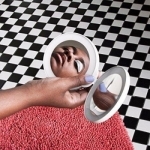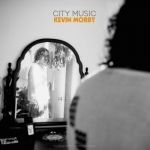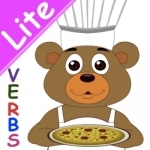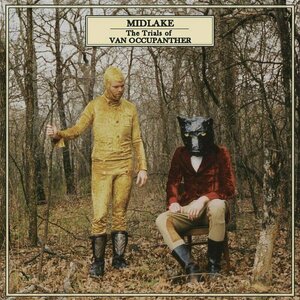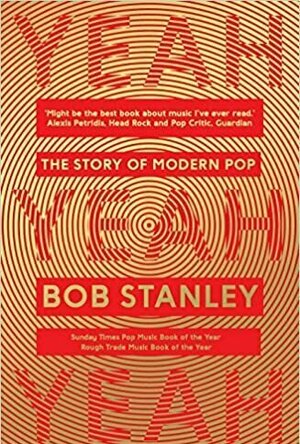"There is something faintly off-putting about this book’s subtitle. We live in a world where the obsession with music’s past threatens to overwhelm its present, where the only music magazines that sell in any quantity deal in heritage rock, where virtually the only TV coverage of music comes via retrospective documentaries: the story of modern pop has been told and retold until it’s been reduced to a series of tired anecdotes and over-familiar landmarks. But Yeah Yeah Yeah’s brilliance lies in the personal, idiosyncratic route Bob Stanley takes through the past: for him, the modern pop era begins not with Elvis or “Rock Around the Clock”, but the release of Johnnie Ray’s 1954 album Live at the London Palladium, the first time a screaming teenage audience had been heard on record in the UK. He devotes more space to 1970 one-hit wonders Edison Lighthouse than to Led Zeppelin, delivers a withering verdict on some surprising sacred cows – Joni Mitchell, Patti Smith, Steely Dan – and is great at unearthing a forgotten quote that challenges what you might call the authorised version of events: at the height of the 1967’s Summer of Love, he finds the Who’s Pete Townshend not boggling at the new frontiers mapped out by psychedelia, but grumpily complaining that “people aren’t jiving in the listening boxes in record shops any more like we did to a Cliff Richard ‘newie’”. Stanley has a way of tackling well-worn topics – not least the Beatles – from unlikely angles, and of talking about artists you’ve never heard of with a contagious enthusiasm that makes hearing them seem like a matter of urgency. Best of all, he makes you laugh out loud while getting directly to the heart of the matter. The lugubrious late 70s output of Pink Floyd sounds like music made by people “who hated being themselves”. The punk-era Elvis Costello sang “like he was standing in a fridge”, and the experience of listening to novelty ska revivalists Bad Manners is “like being on a waltzer when you’ve had three pints and desperately need the toilet”. If you’ve ever heard them, you’ll know exactly what he means."
Source
